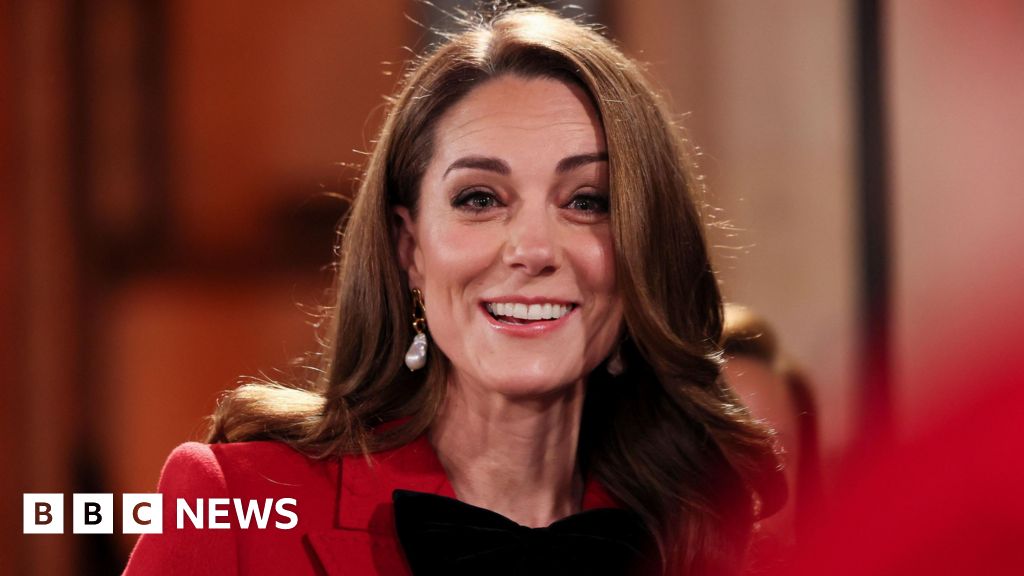The Nigerian Association of Chambers of Commerce, Industry, Mines, and Agriculture (NACCIMA) warns that the non-payment of foreign exchange (FX) forwards has severely crippled affected companies, pushing many towards bankruptcy.
The NACCIMA National President, Mr. Dele Oye, recently lamented that the non-payment of the FX forwards had severely affected companies claiming that businesses and banks involved are now burdened with exorbitant interest rates, averaging over 35%. By extension, the issue has affected relationships with international trading partners.
In 2022 and 2023, Nigerian companies and SMEs in transactions with the Central Bank of Nigeria (CBN) agreed to exchange a specified amount of foreign currency at a predetermined rate on a future date. Referred to as Foreign Exchange (FX) Forwards, this financial instrument is used by the central bank to manage foreign exchange reserves and influence exchange rates. However, the apex bank is yet to settle the transactions despite maturity.
The NACCIMA president while reacting to issues regarding FX Forwards said the association had been proactive in addressing the issue of outstanding FX forwards. He maintained that the body had engaged in rigorous advocacy, urging the CBN Governor, Mr. Olayemi Cardoso to reconsider the bank’s stance for several reasons, including the potential impact on the economy.
“If the issue is not resolved amicably, forcing companies to settle at current exchange rates, it could lead to a further crash in the value of the Naira, as the market cannot sustain such a massive demand for US dollars.
“The inability of companies to absorb the exchange rate differences and loan interests could lead to widespread bankruptcies, exacerbating economic instability,” Oye said.
Reports have also indicated that affected companies could lose about N2.4 trillion which will impact Company Income Tax (CIT) for the next two to three years and in turn threaten federal government’s income.
According to the CBN in March, all valid FX backlogs owed to various sectors of the economy had been settled, fulfilling a key pledge of the CBN Governor, Mr. Olayemi Cardoso, to process an inherited backlog of $7 billion in outstanding liabilities.
The Governor also revealed that about $2.4 billion out of the acclaimed $7 billion outstanding foreign exchange liabilities of the federal government were not valid for settlement. He said while the bank had settled verified FX requests which amounted to $2.3 billion at the time, the total outstanding FX obligations remained at $2.2 billion.
The central bank governor further indicated that part of the headline $7 billion outstanding FX claims were not valid, citing the outcome of a forensic audit by Deloitte Management Consultant which the apex bank commissioned. He maintained that the CBN would not pay for FX requests that are not validly constituted, adding that the bank had written to authorised dealers to explain the disparities identified.
Furthermore, Cardoso said the bank had contracted the Economic and Financial Crimes Commission (EFCC) to investigate suspicious transactions to prosecute individuals and entities with fraudulent entries.
But companies, some represented by the NACCIMA, whose monies have been trapped have expressed concerns that the outcome of the probe had taken too long to conclude as their companies continued to suffer. Most of them had used bank confirmed lines to open Letters of Credit (LCs), paid import duties, and received the goods, while suppliers were mostly settled by their banks’ correspondent banks. They said while the CBN claims the EFCC was investigating, the companies are bleeding and are under intense pressure from their banks and their suppliers.
However, according to Oye, CBN’s decisions lacked procedural fairness as affected companies were neither issued queries nor given an opportunity to respond to the findings before conclusions were drawn. The association also alleged unilateral breach of contract, explaining that the CBN’s appointment of Deloitte and subsequent actions without involving the companies constituted a breach contractual agreement, stressing that such unilateral decisions are null and void, infringing on the companies’ right to fair hearing.
He said, “We have escalated the matter to the Hon. Minister of Finance, the Hon. Minister of Industry, Trade and Investment, and the House Committee on SME at the National Assembly, highlighting the unconstitutional nature of the CBN’s actions.”
















 English (US) ·
English (US) ·